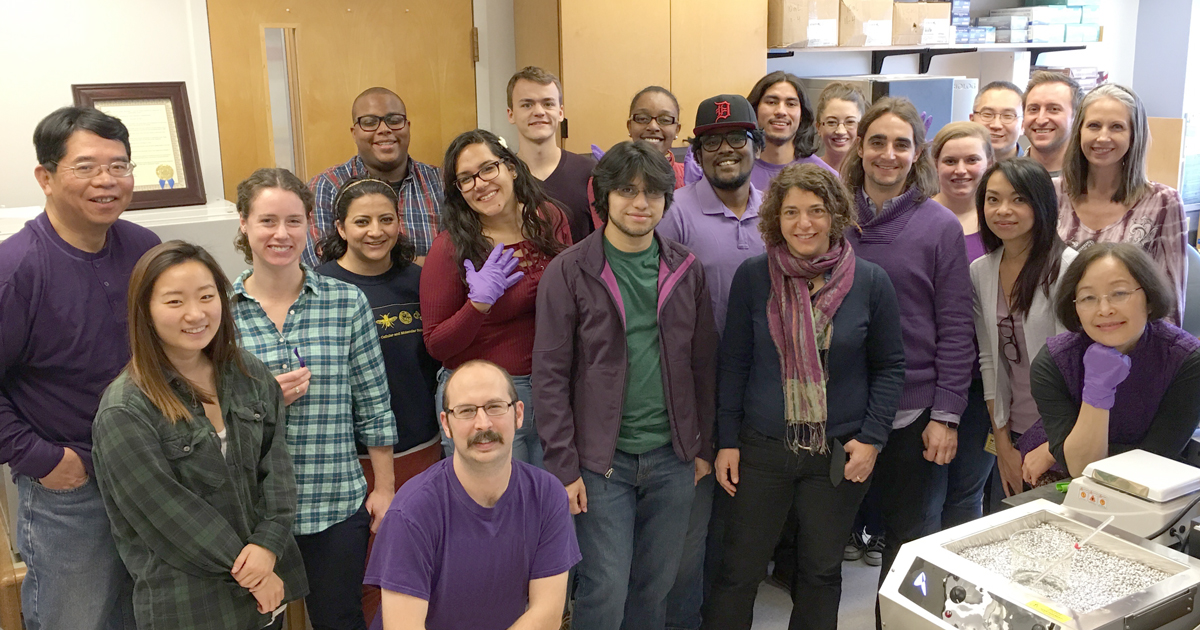New research from Seed Grant recipient, Marina Pasca di Magliano, PhD, from the University of Michigan has deepened our understanding of the biology of pancreatic cancer, crucial to the development of treatment therapies.
The most common form of pancreatic cancer is pancreatic ductal adenocarcinoma, a tumor that starts in the exocrine cells of the pancreas, where digestive enzymes are formed. Nearly all pancreatic cancer tumors show mutations in KRAS and a majority also contain p53 mutations.
The study shows that the p53 mutant protein is responsible for maintaining the biology of the tumor, specifically the way the tumor cells metabolize nutrients to derive energy for their growth. The p53 mutation also showed evidence of mediating malignant potential and cancer cell invasion, giving more insight into how pancreatic cancer spreads.
The pioneering research by Dr. Pasca di Magliano and her lab found that p53 mutation is required for the formation and maintenance of KRAS induced pancreatic cancer precursor lesions. This finding has major implications on the fundamental aspect of tumor biology and the future development of therapy and diagnosis.
As Dr. Pasca di Magliano wrote of her research, “We could never have completed it without the [Hirshberg] Foundation’s support, and I would like to thank you again for supporting us, and for your patience.” We applaud all those involved in this study for their relentless dedication to understanding pancreatic cancer and the work that brings us closer to a cure. Their research instrumental for the development of future treatment options.


